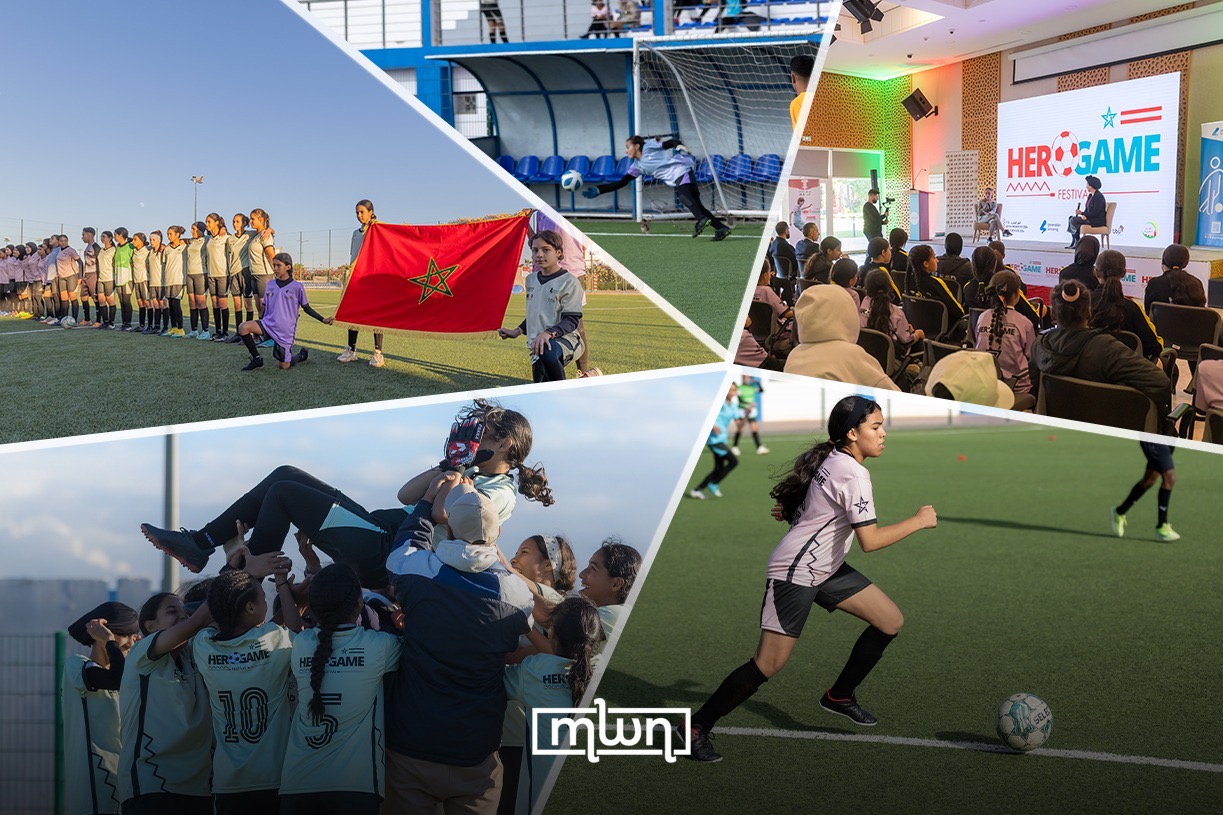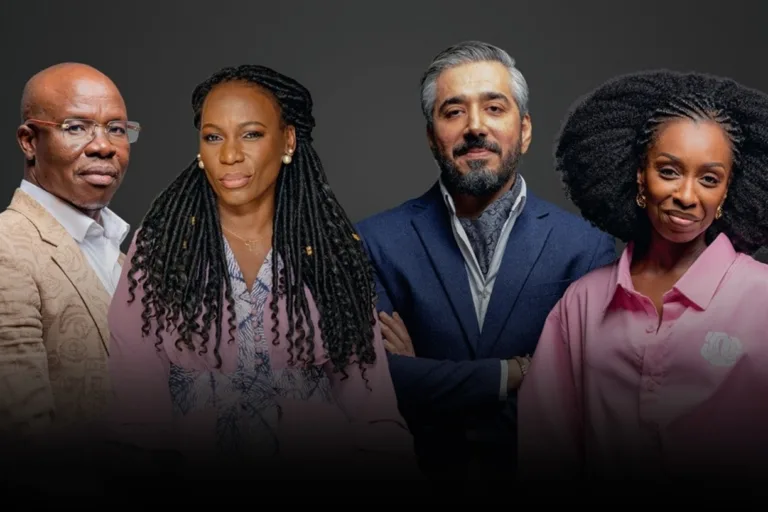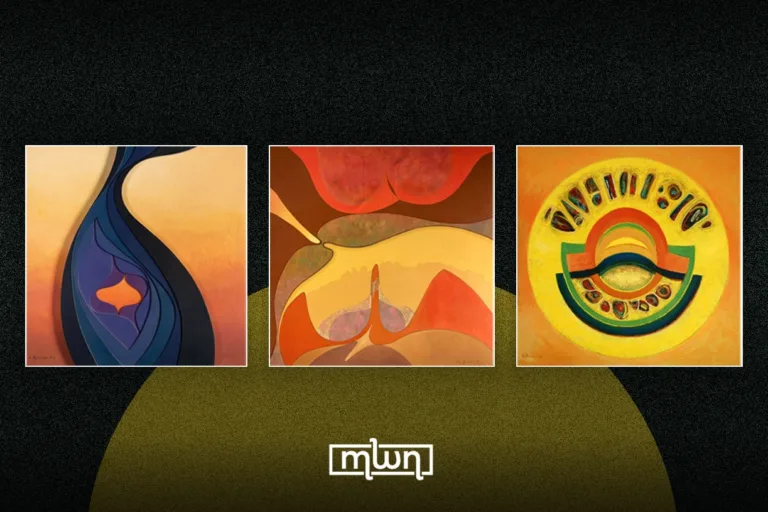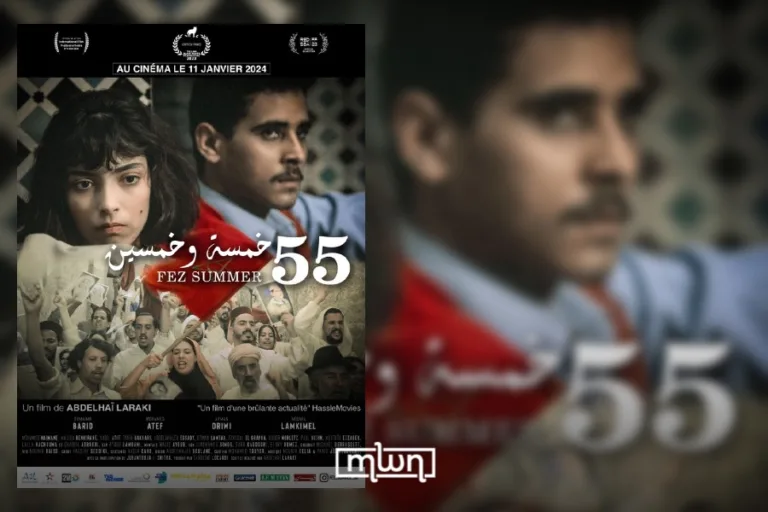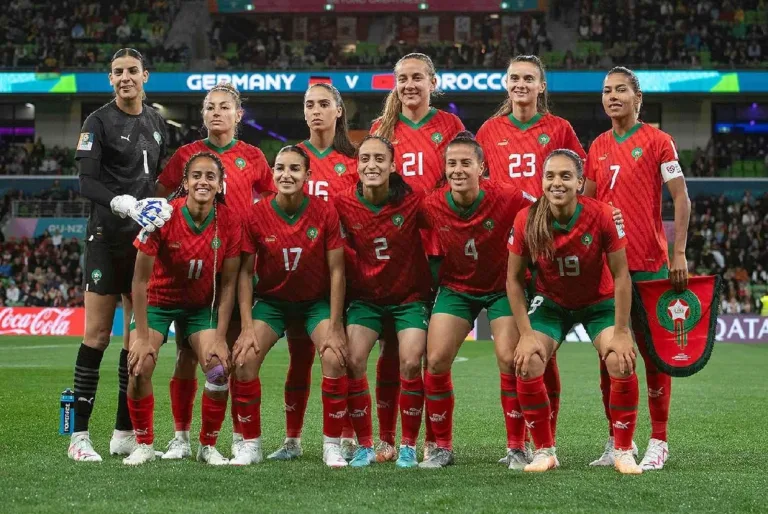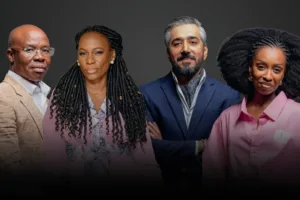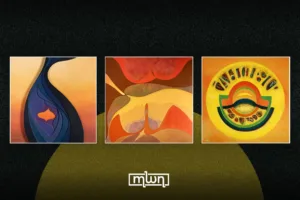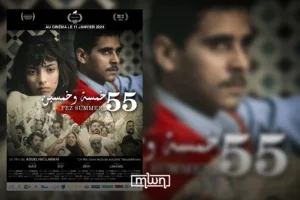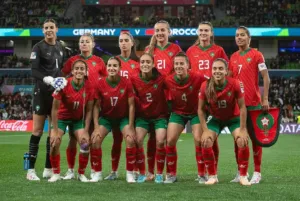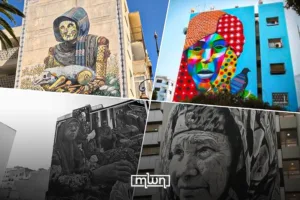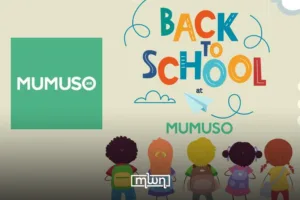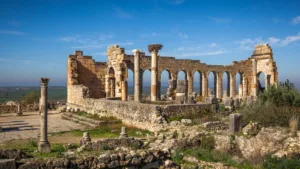If sports have taught us anything, it’s that the game isn’t just played on the field — it’s played in the stories that unfold beyond the whistle.
Marrakech – In Morocco, where the countdown to the 2030 FIFA Men’s World Cup has already begun, the “Her Game Festival” has proven to be more than a prelude to global spotlight. It is above all a masterclass in using sport as a language of empowerment, inclusion, and cross-cultural connection.
However, before the rest of the world arrives, Morocco is busy writing a different kind of story — one where the power of sport isn’t about trophies, but about change.
‘Her Game Festival’
This is a two-day initiative with roots in Qatar’s FIFA World Cup 2022 legacy, brought to life through the collaborative efforts of Generation Amazing Foundation (GA), LEAD Morocco, and TIBU Africa.
At its core, the festival is proof that sports can transcend borders, champion equality, and turn fields into platforms for growth and transformation.
“This festival is about more than football — it’s about creating an environment where girls can play, lead, and thrive,” Nasser Al Khori, Executive Director of GA, said in a press release shared with MWN.
“By sharing our coaching philosophy and inclusive sport-for-development training with Morocco, we’re harnessing sport as a catalyst for transformative change and strengthening the capacity-building relationship between Qatar and Morocco. Together with our partners, we’re committed to creating a lasting impact in the region.”
The sentiment resonates across the manicured pitches of Mansouria, where over 170 girls and 40 coaches participated in workshops, matches, and confidence-building exercises, each session inching closer to a world where gender no longer sidelines potential.
Go girl!
At the festival’s heart was Moroccan football star Zineb Redouani, a player whose journey from the WAFCON 2022 finals to AS FAR Club glory feels straight out of a playbook on perseverance.
Addressing the girls, Zineb didn’t just share her wins — she shared her struggles, the weight of proving herself, and the resilience it took to thrive in a male-dominated arena.
For many participants, meeting a role model who looks like them, speaks their language, and shares their dreams was as transformative as the game itself. It’s proof that seeing yourself reflected on the field makes achieving the impossible feel, well, possible.
Being fierce beyond the field
Workshops on leadership, psychosocial well-being, and non-verbal teamwork exercises showed that football doesn’t just build athletes — it can also build thinkers, leaders, and lifelong collaborators.
By addressing themes like inclusion and empowerment head-on, the festival set the stage for a larger conversation about Morocco’s role as an emerging hub for global sporting events.
Mohamed Amine Zariat, President of TIBU Africa, said that this festival “reflects our commitment to empowering marginalized young girls and women.”
He added, “By celebrating the legacy of global football and the strong ties between Morocco and Qatar, we have provided these young participants with a unique experience filled with learning, hope, and opportunities for change.”
Why now matters?
The “Her Game Festival” isn’t just another event — it’s a glimpse into Morocco’s future.
With the Africa Cup of Nations in 2025 and the FIFA World Cup 2030 on the horizon, Morocco’s moment isn’t just coming; it’s already here.
From her side, Sarah Ahmed Al-Mohannadi from the Qatar-Morocco Years of Culture program stated that: “These initiatives don’t just foster talent; they build bridges between communities and lay foundations that will resonate long after the final whistle.”
In a world where women are too often relegated to the sidelines — on the pitch and beyond — Morocco’s “Her Game” is a reminder that progress happens one goal, one girl, and one game at a time.

